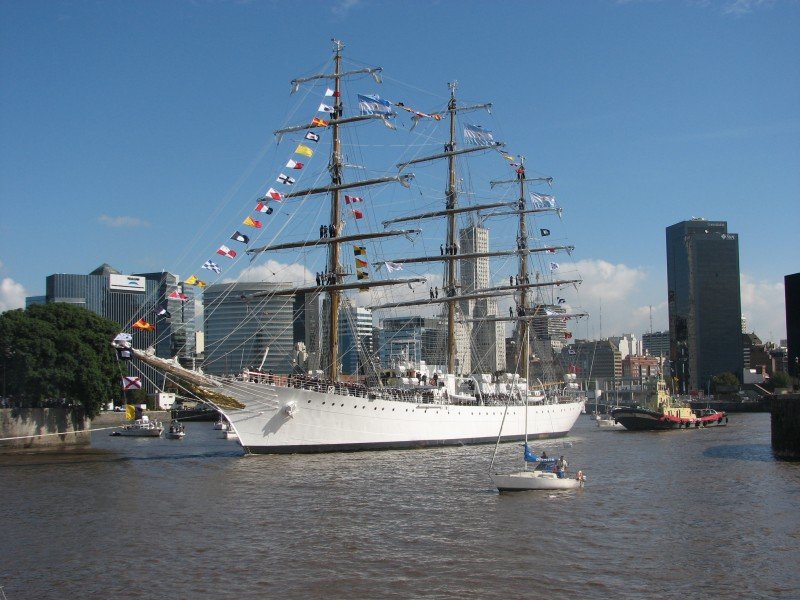In The Beacon, Alvaro Vargas Llosa explains why the odd primary system in Argentina may have created an impossible situation for President Cristina Kirchner:
Argentina held open primaries last Sunday whose ostensible purpose was to pick the candidates that will compete in October’s midterm elections. But Argentineans saw them as a major test of Cristina Kirchner’s increasingly corrupt, authoritarian presidency — and she was badly humiliated.
The rules make these primary elections a foretaste of the real race, which means that the president will be roundly defeated in October. More importantly, this spells the end of Cristina’s attempt to change the constitution so she can run for a third consecutive term. (Since she succeeded her own husband, who was president between 2003 and 2007, it would actually amount to a fourth Kirchner term.)
The beauty of Argentina’s political underdevelopment, if one can put it that way, is that, unlike what happens in Venezuela, where the competing factions of the dictatorship have been able to keep their differences from bringing the government down, Peronismo has a kind of built-in system of checks and balances that ensures no autocrat can rule forever. As soon as one Peronista smells electoral blood, he goes after the governing Peronista with gusto, with the result that the president is eventually brought down in large part due to internecine fighting.
This is what happened in Sunday’s primary election. A former Chief of the Cabinet of Ministers who used to be a loyal Kirchner underling, Sergio Massa, turned on her at the last moment and ran against her chosen candidate in the province of Buenos Aires, which accounts for a bit less than 40 percent of the national vote. Not to speak of several Peronista dissidents who have been in opposition for a while and also ran against her candidates in several other districts. Over all, seventy percent of the country voted for anti-Kirchner candidates, while only twenty-six percent voted for the government. Kirchner, who was reelected with 54 percent of the ballots just two years ago, has lost half of her supporters.





